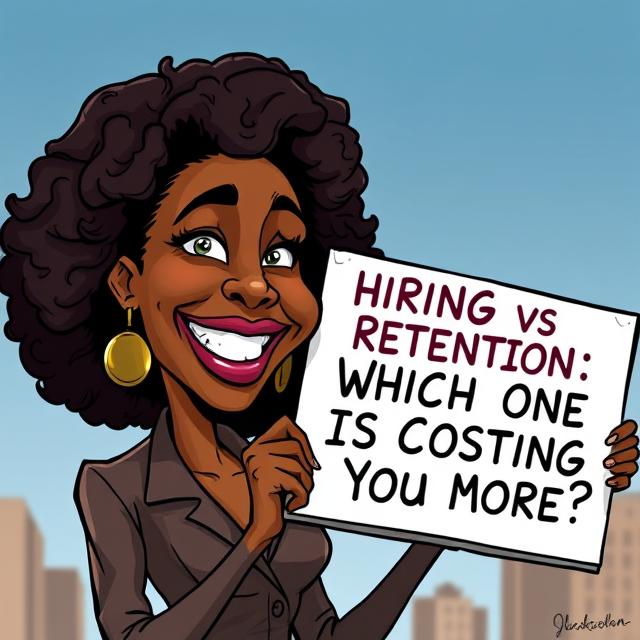The Hidden Damage of Typos in Job Applications
Why Spelling Mistakes Matter in a Resume
“It was a great resume, until they spelled their own job title wrong.”
Sound familiar?
As hiring managers, we’ve all encountered candidates who seem strong on paper, but minor errors can raise significant concerns. Few things can undermine a first impression faster than a typo on a resume.
The Problem
A resume remains a crucial tool in the hiring process. They serve not only as summaries but also as indicators. When a candidate submits a resume with spelling mistakes, it indicates carelessness rather than ability.
That one typo might seem harmless to the candidate, but to the person making the hire, it often reads as:
“Will this person be this careless with my clients? My reports? My brand?”
What Spelling Errors Really Say
Here’s why a small mistake can have a big impact:
- It questions attention to detail. If you’re applying for a job, the least you can do is spell your own job title correctly.
- It breaks the flow. A misspelled word snaps the reader out of your story — and not in a good way.
- It creates unnecessary doubt. Even a strong candidate can lose credibility over the term "manager" instead of "managing director."
- It reflects on how seriously the candidate takes the opportunity. If they didn’t proofread, did they really care?
Real Talk
“If you can’t get your name and email right, why should I trust you with my business?”
It’s not harsh, it’s human. We all judge a book by its cover. And a resume full of typos? That’s the cover.
What to Do Instead
Here’s what job seekers (and those advising them) should be doing:
- Use spellcheck, but don’t rely on it. Tools catch a lot, but not everything.
- Print it out or read it out loud. Typos often hide in plain sight until you change the format.
- Have someone else read it. Fresh eyes catch old mistakes.
- Don’t rush the send button. Save, pause, breathe, re-read.
The Takeaway
Spelling mistakes aren’t the end of the world, but in a competitive hiring market, they could be the end of that opportunity.
They not only make a resume appear unprofessional, but they also reflect poorly on the candidate. This is a risk that most employers are unwilling to take.
Call to Action
Seen any unforgettable resume typos? Or unsure how to coach someone out of the habit?
Let’s talk about it. Share your experiences or reach out if you want help reviewing CVs for your next hire.
After all, hiring is hard enough. Let’s not let spelling make it harder.

.jpeg)
.jpeg)

Comments
Post a Comment